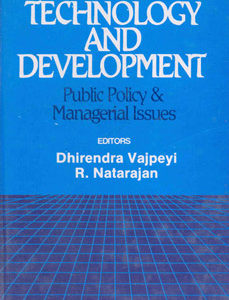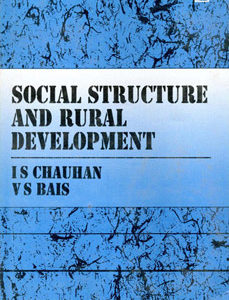HEALTH BY THE PEOPLE: Sociology of Medical Lore
₹1,195.00 Original price was: ₹1,195.00.₹956.00Current price is: ₹956.00.
25 in stock
Folk medical knowledge is a well-explored topic in the anthropology of India; in this book, however, it has not been viewed as an appendage to folk religion, or as the exotic system of one village, nor as a diluted version of the ancient medical classics as in the ‘folk-classical’ dichotomy. The dialectics of the autonomy and interdependence of medical lore in the network of indigenous medical knowledges is the crux of the book.
Based on field data from Tamil Nadu, this book describes the village folk’s medical conceptions and health practices, and finds that they are coherent and live, and make health ‘by’ the people operational under lived conditions. Medical lore, as this folk knowledge is referred to in the book, includes both knowledge and practices and the dynamic relation between the two is central to its understanding.
The focus then shifts to the organisational and distributional aspects and the social system that it inhabits and operates through. The network and the transmission of medical knowledge effected through it is the subject of the latter part of the book.
| Author's Name | |
|---|---|
| Binding | |
| Release Year | |
| Language | |
| Publisher |
Related products
Sociology
Sociology
Sociology











